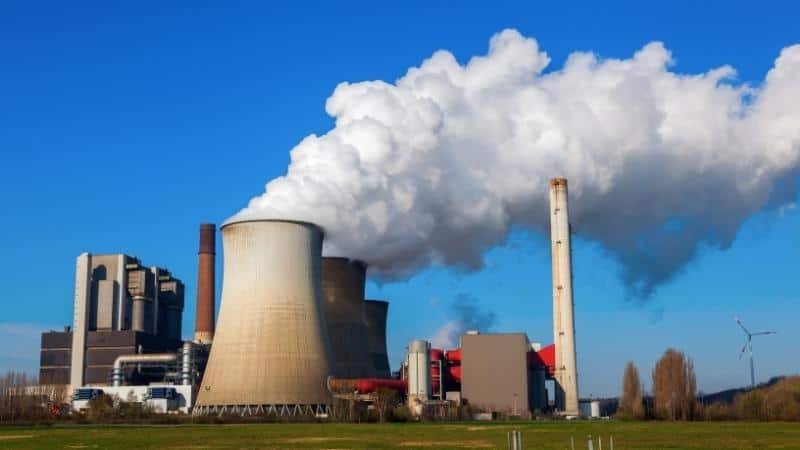Contents
One of the first-ever revolutionary changes was brought to the world through the age of industrialization. Power-driven machines began to replace the hand tools, generating a massive surge of development both economically and socially that seemed to defy the time itself. However, that required the discovery of the use of fossil fuel energy.
Fossil fuel- the Earth’s Gold
Fossil fuels are natural fuels that are formed from the remains of living organisms geologically for thousands of years. Coal and natural gas are some of the prime examples and leading contributors in the continuation of the present modernized world.
The principal function of fossil fuels is to produce energy or heat. In households, they are often burned to produce heat while in large industries, huge amounts of energy are obtained to either provide power to millions of engines inside or the whole industries themselves.
Basically, our physical existence is responsible for the creation of fossil fuels. The living becomes dead, decomposition begins on its body, the old elements and compounds get deleted while new materials right out of the very Nature herself, are added and mixed, and result in the formation of the one thing that is driving us to the future.
However, since this geological process can span from thousands to millions of years depending on the type of fossil fuel, and the applications of mostly every natural fuel are already embedded in our lives, because these are non-renewable resources, we are rapidly running out of them; we still have plenty but we might not within the next few decades, a valid reason why they are titled as ‘Gold’ and in reality, they are even more valuable than that.

Consequences of using up fossil fuels
Statistically, energy consumption continues to increase every year; practically, that’s an understatement. Theoretically, a future has been widely acknowledged where we will run out of oil by the year 2052, gas by 2060, and coal by 2090. We are consuming fossil fuels while staying oblivious to the fact that they are a limited resource.
One of the first major usages of fossil fuels in the world is electricity generation. When a country desires to develop itself economically, it must ensure that every corner among itself has access to electricity; the better the electricity in the country, the higher will be its economy. To do that, the country will have to be able to place electricity generators as many as possible.
However, electricity generators consume enormous amounts of natural gas. And extracting gas is an expensive job itself, only active in countries such as the US, China, or India. Moreover, other forms of electricity generation like hydro-turbines, wind turbines, or solar panels have not reached the required level yet to be established worldwide. At this rate, we will lose both the power and its source, eventually returning to the old ages for good.
One of the most popular and plausible ways yet to avoid this nightmare is replacing natural gas, the world’s leading fossil fuel in use at present, with biomass.
Why biomass is a better alternative to natural gas
Biomass is an organic material that is derived from plants or animals. The material can either be gasified to use as heat energy or liquified to convert it into a fuel that can be stored or transported. Examples include wood, forest wastes, farms, or yards.
Whatever biomass is or however it is used, the real question arises when compared to its predecessor, the natural gas. Is biomass better than natural gas? No, they are equally matched in terms of their efficiency. So why biomass is still considered a better alternative to natural gas?
If we look at the examples above, we will notice that they are significantly limitless in the world; that’s because they are renewable. They are evenly distributed all around the world, unlike finite fossil fuel resources. Furthermore, the burning of natural gas produces substances that are responsible for many environmentally hazardous situations like global warming. Biomass fuel, on the other hand, can be turned into environmentally friendly using different technologies.
The use of biomass has not been practical in the modern world yet, it is used more traditionally. However, concerned countries like India and Japan are emphasizing the increase in the use of biomass fuels. Shifting from natural gas to biomass fuel will be a massive step towards a more sustainable future.
